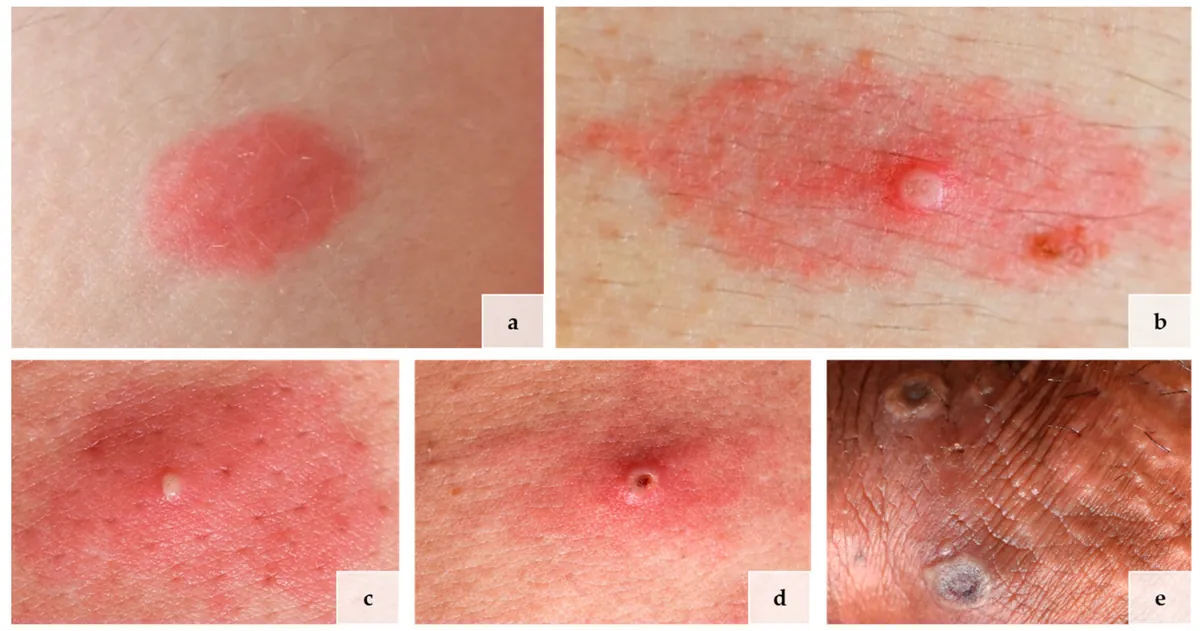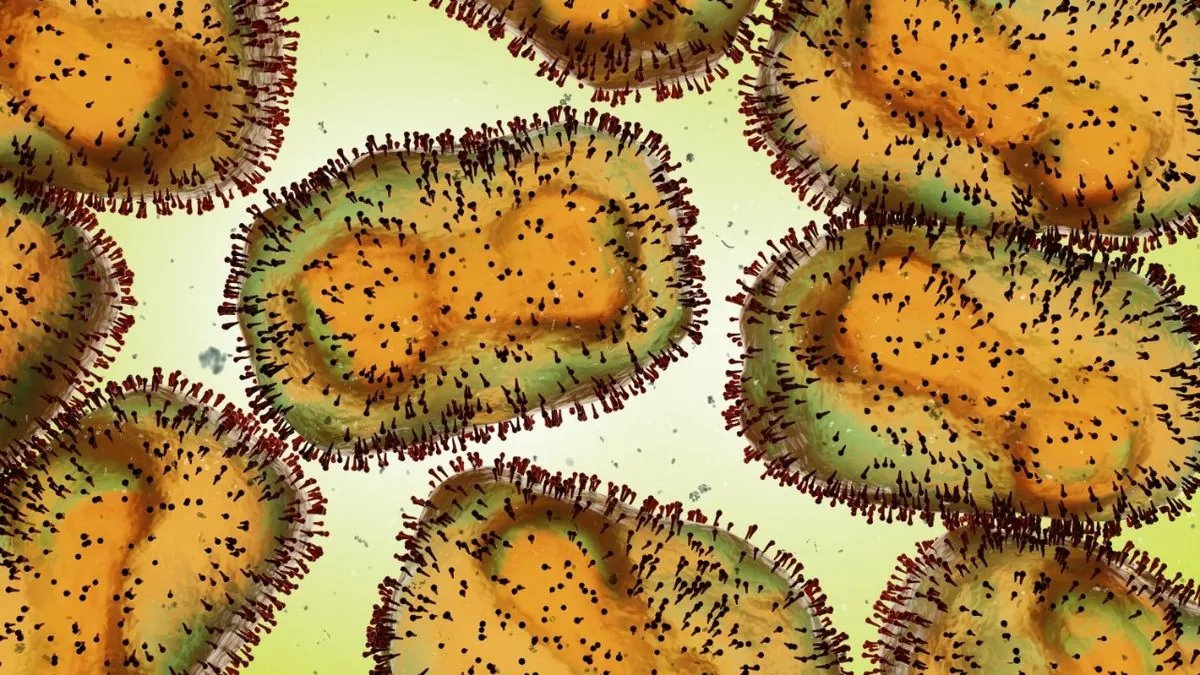Sweden Reports First Case of Severe Mpox Amid Global Health Alert
Sweden confirms its first case of Clade I mpox as WHO declares a global health emergency. The outbreak, originating in DRC, has spread to multiple countries, prompting international concern.

Sweden has reported its inaugural case of Clade I mpox, a more severe variant of the viral infection. This development coincides with the World Health Organization's (WHO) declaration of mpox as a global public health emergency for the second time in two years.
Jakob Forssmed, Sweden's Health and Social Affairs Minister, announced, "We have now also during the afternoon had confirmation that we have one case in Sweden of the more grave type of mpox, the one called Clade I." This statement underscores the significance of the situation, as Clade I is historically associated with more severe outcomes.

Mpox, formerly known as monkeypox, is a viral disease first discovered in 1958 in research monkeys. The first human case was recorded in 1970 in the Democratic Republic of Congo (DRC). The current outbreak originated in DRC and has since spread to multiple countries, prompting the WHO's emergency declaration.
This viral infection spreads through close contact with infected individuals or animals. Symptoms typically include fever, rash, and swollen lymph nodes, with an incubation period ranging from 5 to 21 days. There are two distinct genetic clades of the mpox virus: Clade I and Clade II, with Clade I being more prevalent in Central Africa and generally considered more severe.
The WHO's decision to declare mpox a global health emergency for the second time since August 2022 highlights the ongoing concern about its spread. This declaration aims to mobilize resources and coordinate international efforts to contain the outbreak.
It's worth noting that vaccines developed for smallpox provide some protection against mpox, as both viruses belong to the same family. However, the fatality rate for mpox has historically ranged from 0% to 11% in the general population, emphasizing the need for vigilance and proper management.
As the situation evolves, health authorities worldwide are closely monitoring the spread of mpox, particularly the more severe Clade I variant now confirmed in Sweden. This development serves as a reminder of the importance of global health surveillance and rapid response to emerging infectious diseases.


































